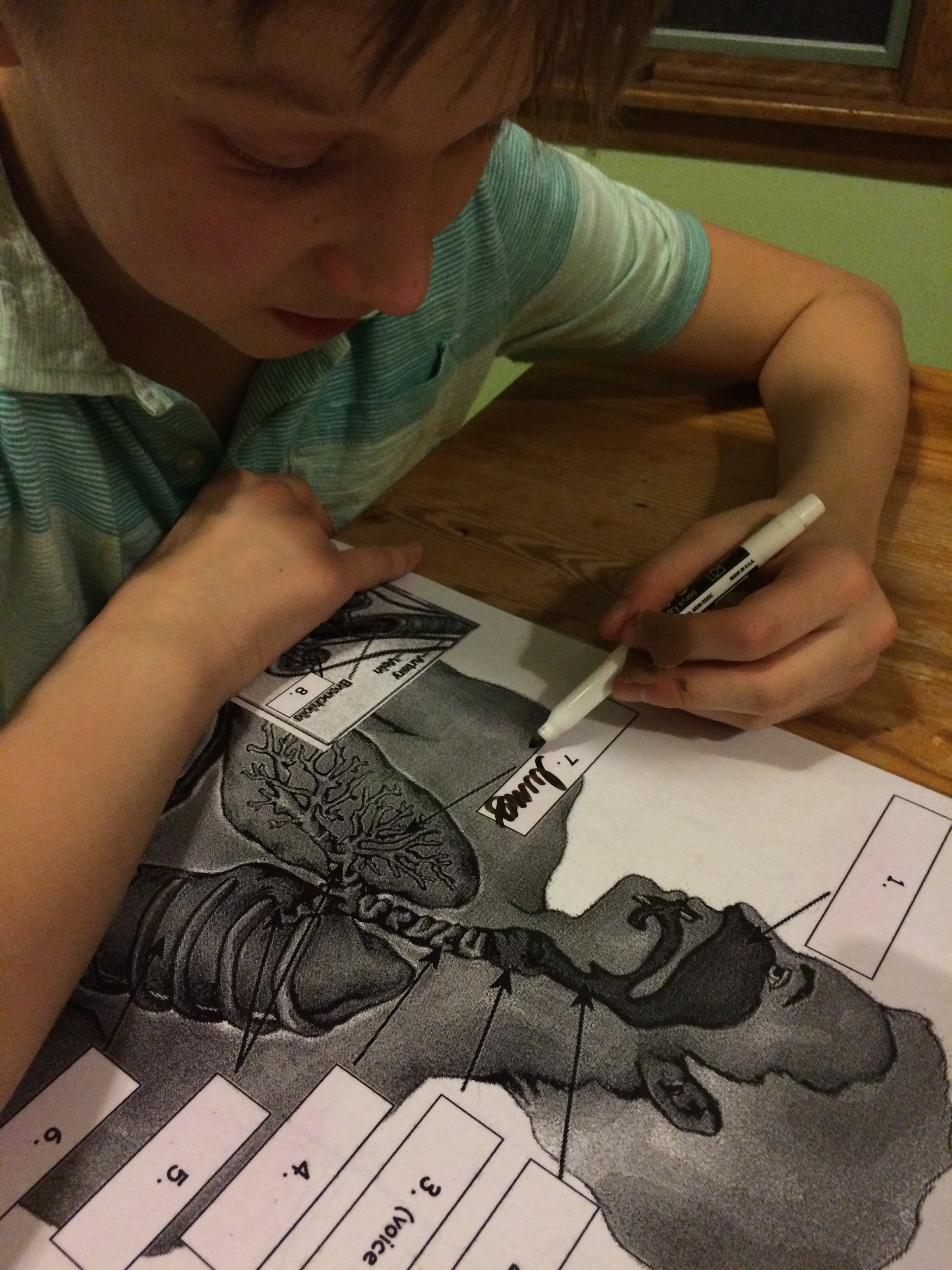
Learning How to Learn
 It’s taken the second semester of grade 7 to feel like I’m finally understanding how to reinforce what J’s learning at school at home. I feel like we’re starting to get a good system going with J’s paras and teachers in how to modify assignments, tests, and practice assignments that will help J learn the best.
It’s taken the second semester of grade 7 to feel like I’m finally understanding how to reinforce what J’s learning at school at home. I feel like we’re starting to get a good system going with J’s paras and teachers in how to modify assignments, tests, and practice assignments that will help J learn the best.
J’s strengths lie in memorization, and he does really well with flashcards (homemade ones or through Quizlet. Are you familiar with Quizlet? It’s a wonderful free little app that lets you practice through flashcards, matching, definitions, etc). He’s funny with the memorization though. You give him a map of Africa and he can fill out all 55 countries in 2 min or less, but you give him a human body and it’s a lot harder for him to label that “map.” One thing I’m learning with him is that all skills aren’t equal. If it’s a subject he’s interested in, then you’ve hit the memorization jackpot (think superhuman skills–I’m not exaggerating on this). If it’s something he’s not interested in, he can still memorize it, it takes more time and diligent practice. That’s one thing that we’ve been working with his teachers and paras. Trying to get notes and terms and concepts home ASAP so we can start working on them weeks before the test (not a few days before). I know it sounds like a no-brainer, but it’s a lot harder than it sounds. It takes a lot of coordination, and a lot of stuff being sent home and sent back to school. I’ve been really excited this last month, however. I feel like we’re getting into that back and forth groove.
J came home with some AWESOME practice sheets his para made for him to help him study the human body. BIG versions of the traditional 8 1/2 x 11 computer printouts and laminated so he can use a dry erase marker to do that repetitive practice (also to accommodate his handwriting issues!). He also has flash cards to practice the functions and definitions of certain things (mechanical digestion, chemical digestion, arteries, etc). His science teacher has modified the amount of content J has to know (he has to label 10/16 bones on the skeleton, 4/11 parts of the heart–right/left ventricle and right/left atrium, etc). Enough to give him an introduction of the human body and practice a way of learning and studying without overwhelming him.
J is also a nontraditional learner. His body language can fool you into thinking he’s not paying attention, tired, or checked out. This first video shows him practicing Latin numbers. With his head on the table, it looks like he’s checked out, but if you listen to him, you can tell he’s really concentrating (and trying not to look at the answers on the table). Don’t judge my Latin pronunciation–the only language I know besides English is French, and J has already corrected me a few times of my French-ish pronunciation of Latin terms. This is one of a million reasons why his paras are so important–they can undo any damage I do when I don’t teach him things exactly right.
J earns jellybeans for studying masses of words or definitions. Since he has to learn his colours in Latin, I make him tell me what the Latin colour is and the Latin number of jelly beans before he gets it. Whether we’re studying Latin or the heart. It’s good “not studying” studying.
Sometimes we use Quizlet, and sometimes I make a homemade version. Here’s J practicing his Latin colours through matching.
I also try to mix up the ways we practice things (like the jellybeans). Here’s J identifying body parts by just touching his body.
It’s taken a lot of coordination and a lot of organization (personally–I am not an organized person by nature). I try to get as much of my work and writing done before the kids come home so we can focus the rest of the night on studying. Sometimes I have to multitask and make dinner, but we make sure we do the daily practice DAILY. I admit there are some nights where I just don’t want to do it (and think his paras can do it during resource) but in order for J to really learn (and understand what he’s learning is important) we need to reinforce at home. Sometimes it’s a fight. Most times he’s willing to practice.
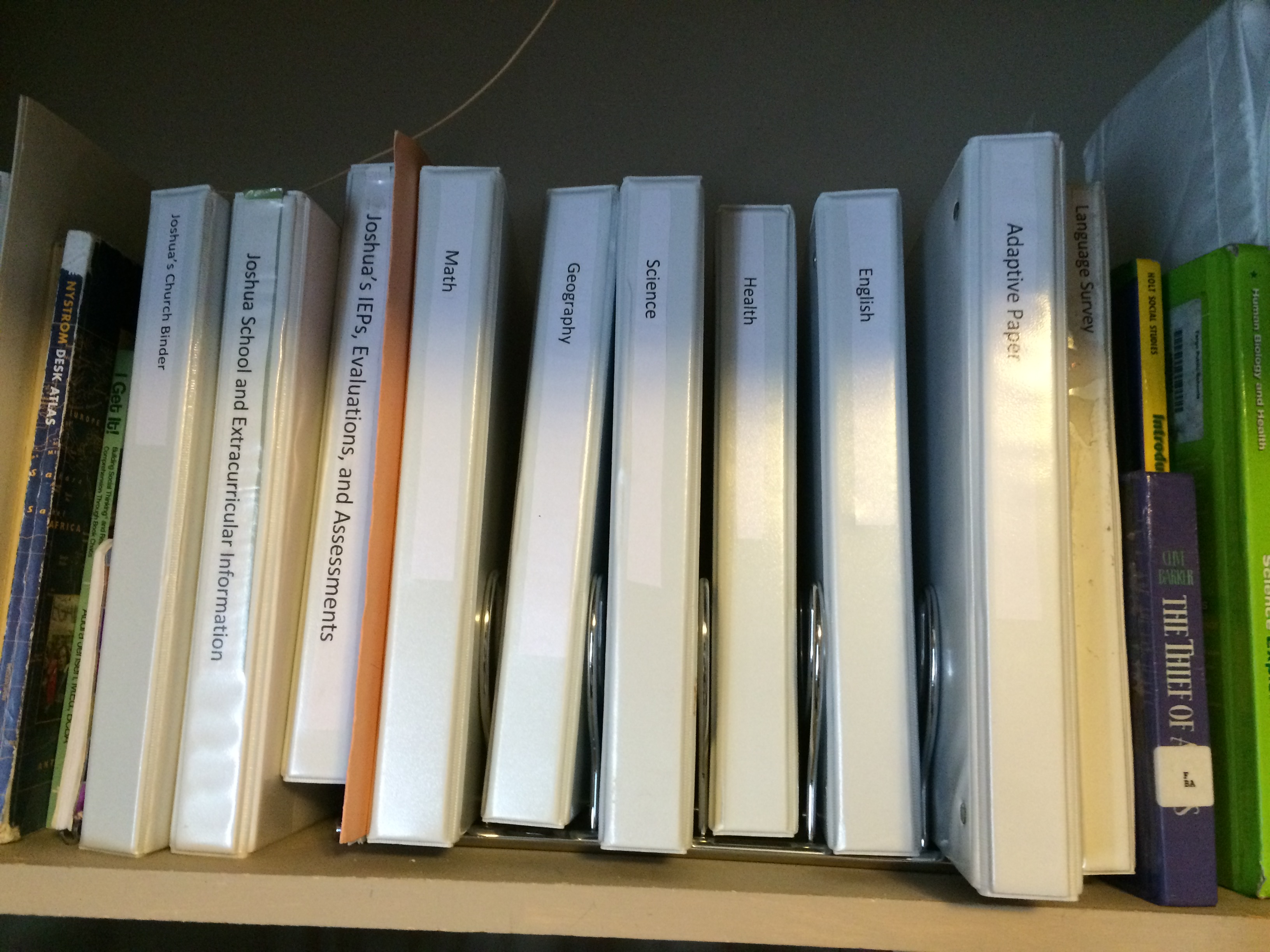
The funny thing about this whole study experience, is that I’m learning all of this over again as I’m working with him. I don’t know exactly where my trachea or small intestine is, and I get along just fine. I always Google things when I need to. I have a basic idea of what an artery is, but I don’t remember the exact definition. I know that blood flows in and out of our heart in different directions, but I don’t remember how or where that happens until I start reading his textbook again. J’s teachers and I go back and forth a lot on what exactly will be helpful for J to learn and what won’t matter in the end. But the more I work with him I realize, that the content he learns now isn’t the only thing that matters. Most of us forget at least half of the content (or more) learned in middle school and high school by the time we graduate. It’s the practice and discipline and thinking skills that are the most important for J to learn, because those are the real life skills most of us develop in our public school experience. It’s those skills that take us into our post secondary education or job sites and it’s those skills we practice daily that get us the knowledge that’s most applicable for us.
So on the days I’m frustrated when J forgets where his gastrocnemius muscle is (ps, it’s not in your stomach like you’d think) when he absolutely knew where it was the day before I try not to get discouraged. Because in the end, learning to learn is a process. And that’s a whole lesson in itself.
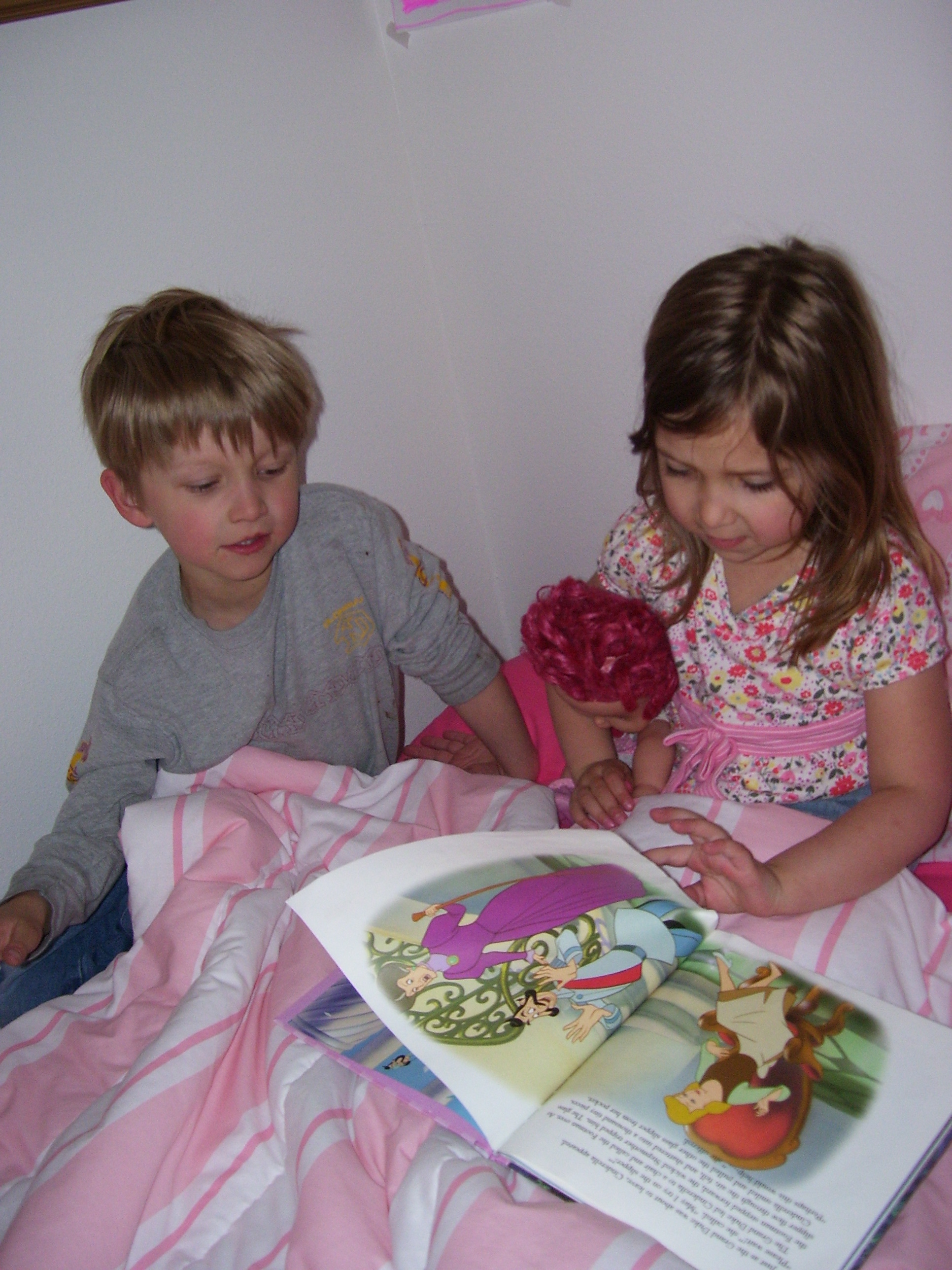
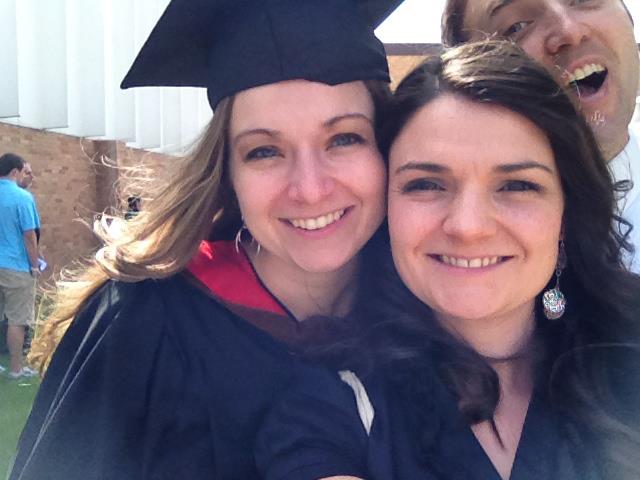
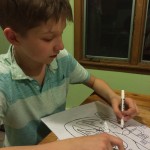
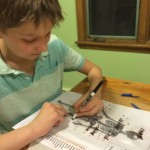
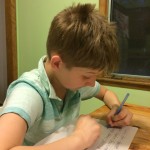

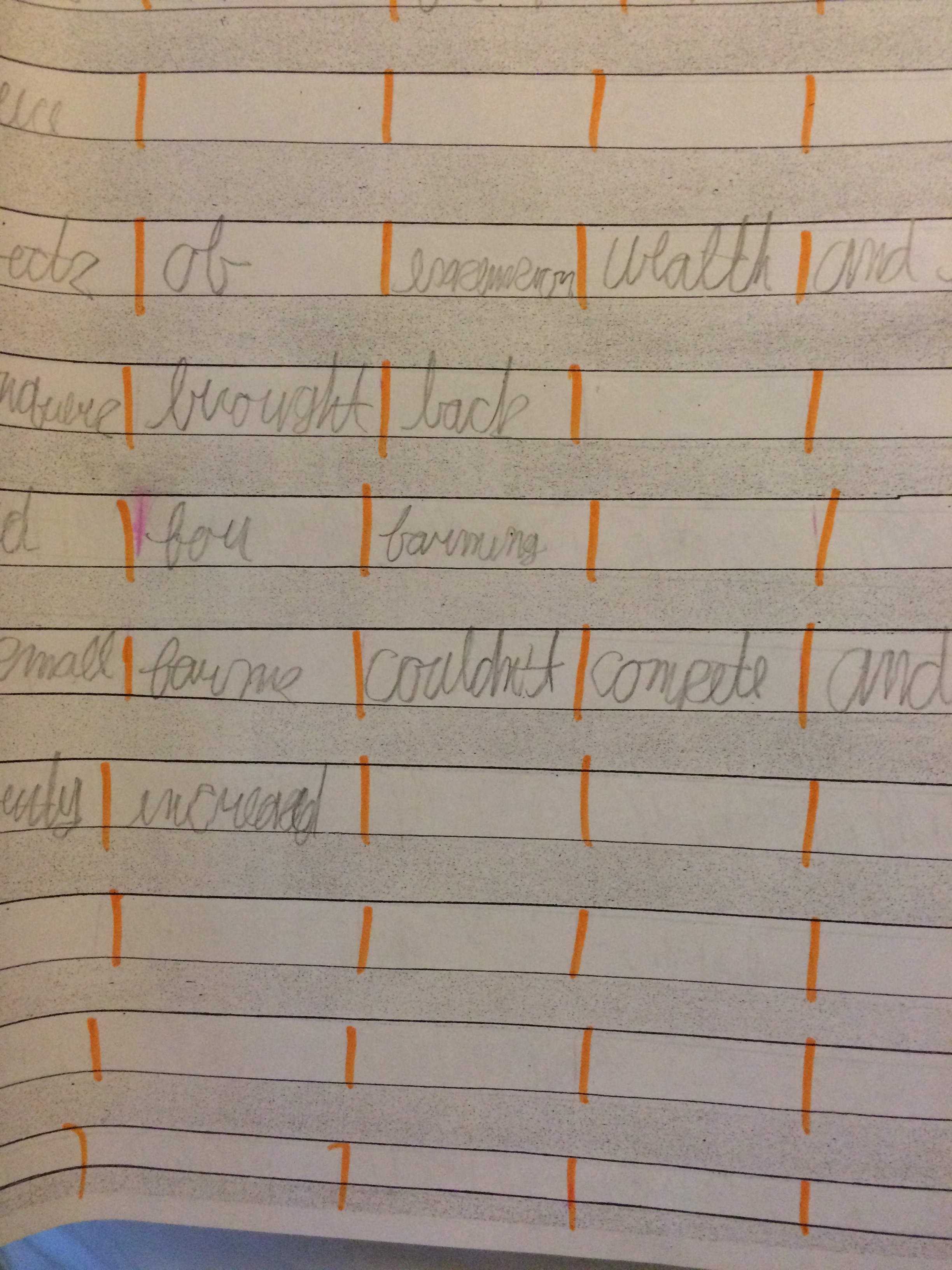
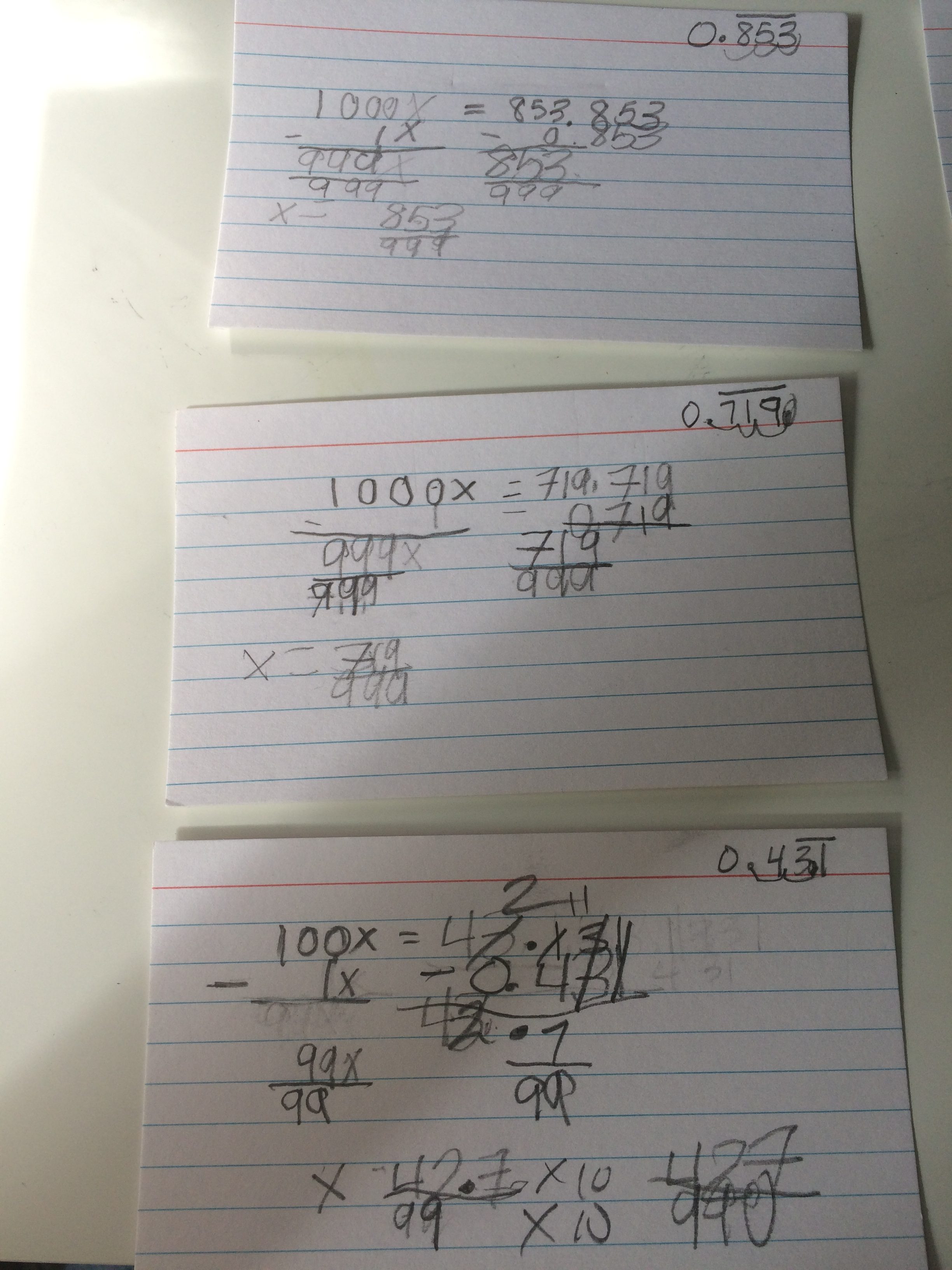
2 Comments
Carol Forster
I love watching J in action! While I would love to take credit for the science body systems practice sheets, it was his science teacher that actually made several of them for her classroom; I just borrowed a set. 🙂 You are absolutely right about him learning things of interest to him much more quickly than other subjects. But when I look back, I think I did the same thing. Thank you again and again for all of the reinforcing you do and your unending patience. Your blog is a great teaching tool and I’m sure many parents, especially, are either learning new things or getting affirmations in their endeavors with their own children. Kudos to you and Steve!
sarahbeck30
Thanks for all your hard work and patience too, Carol. We couldn’t do it without you 🙂